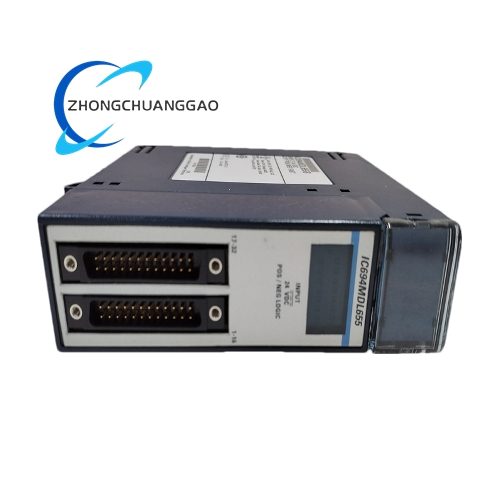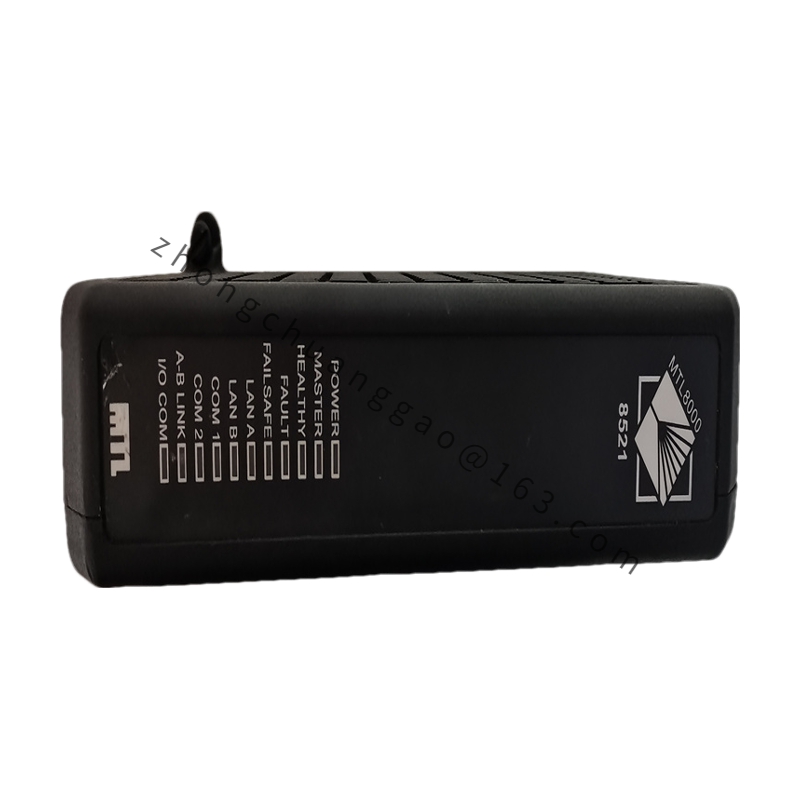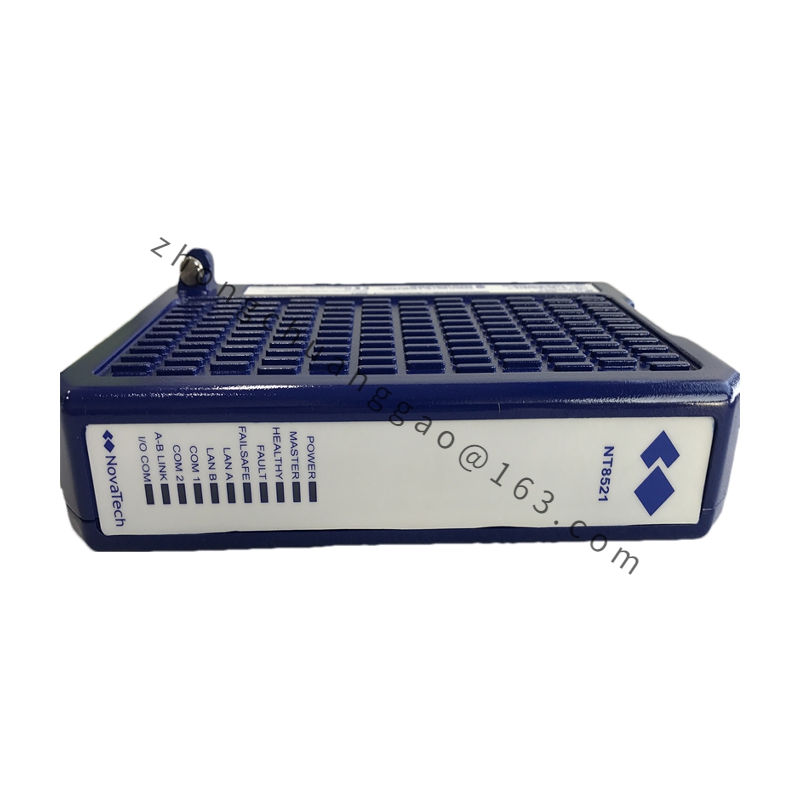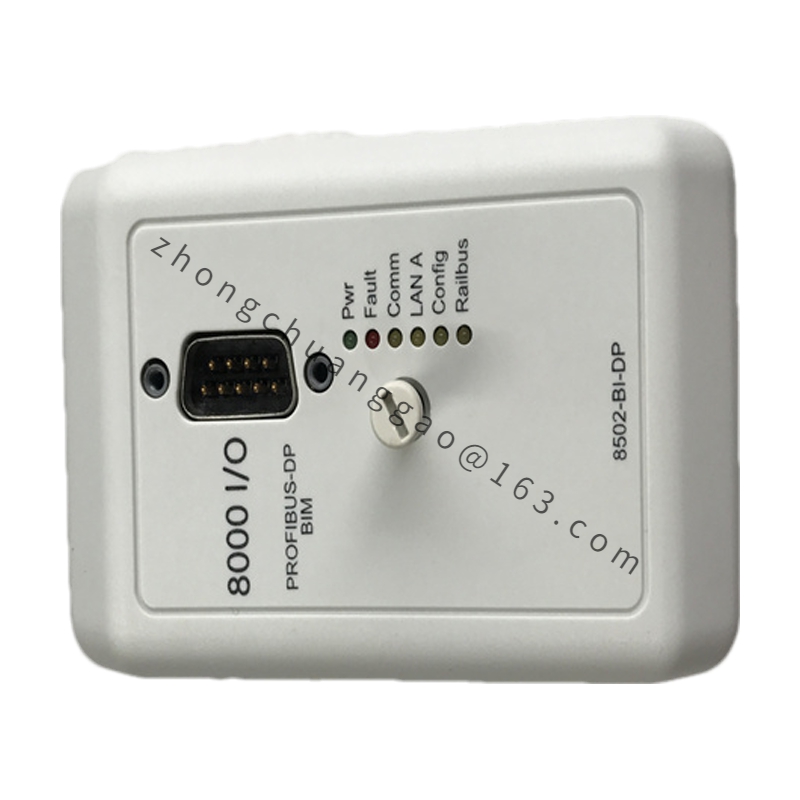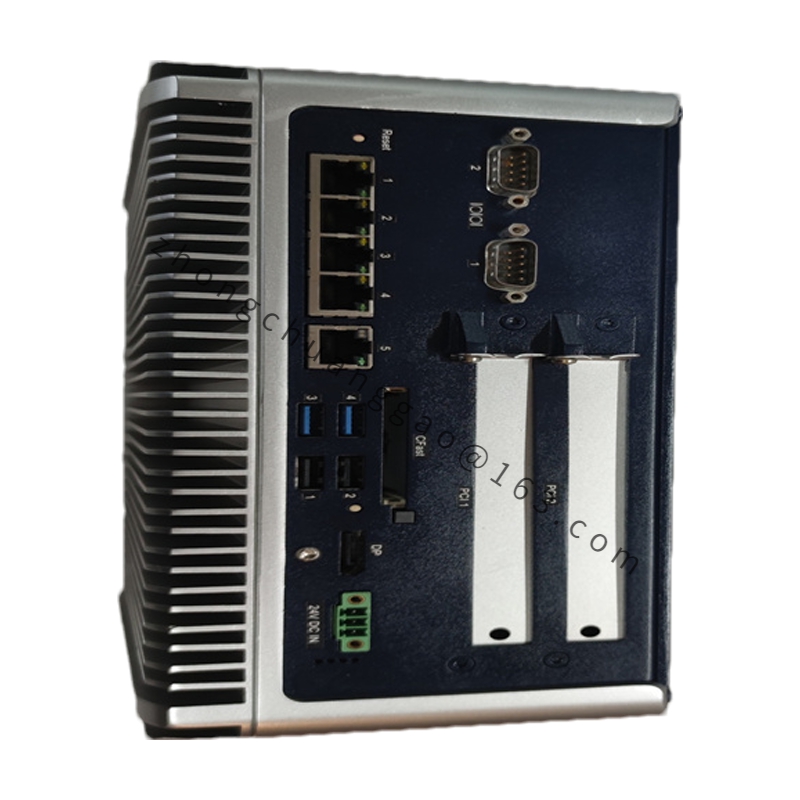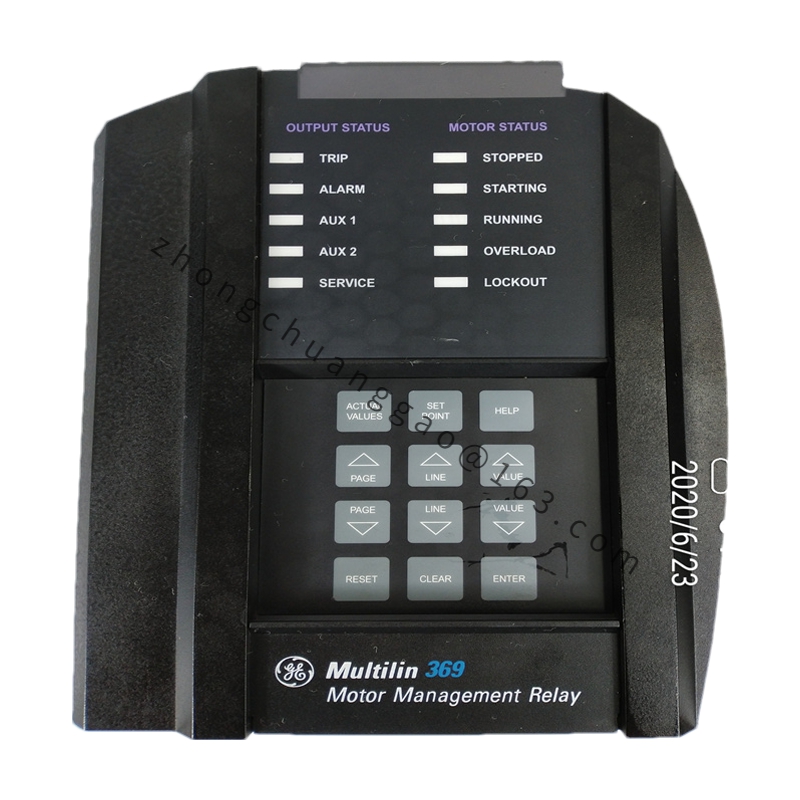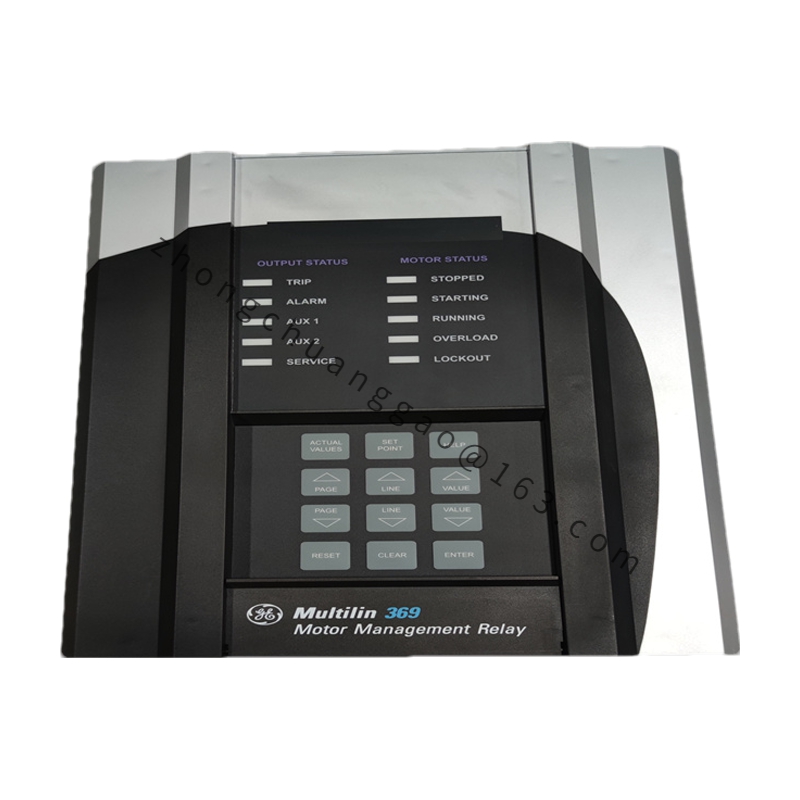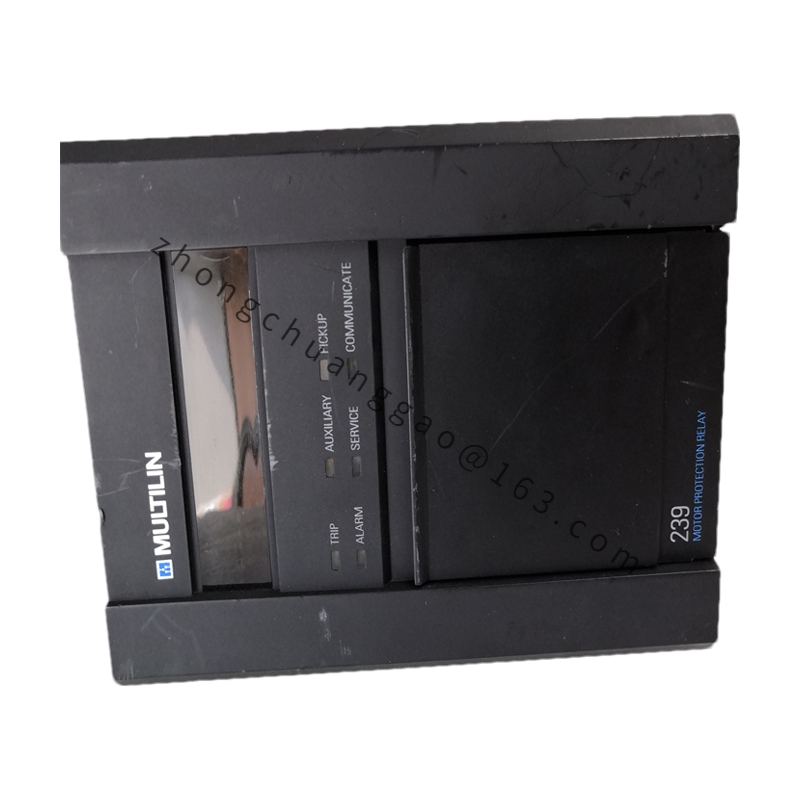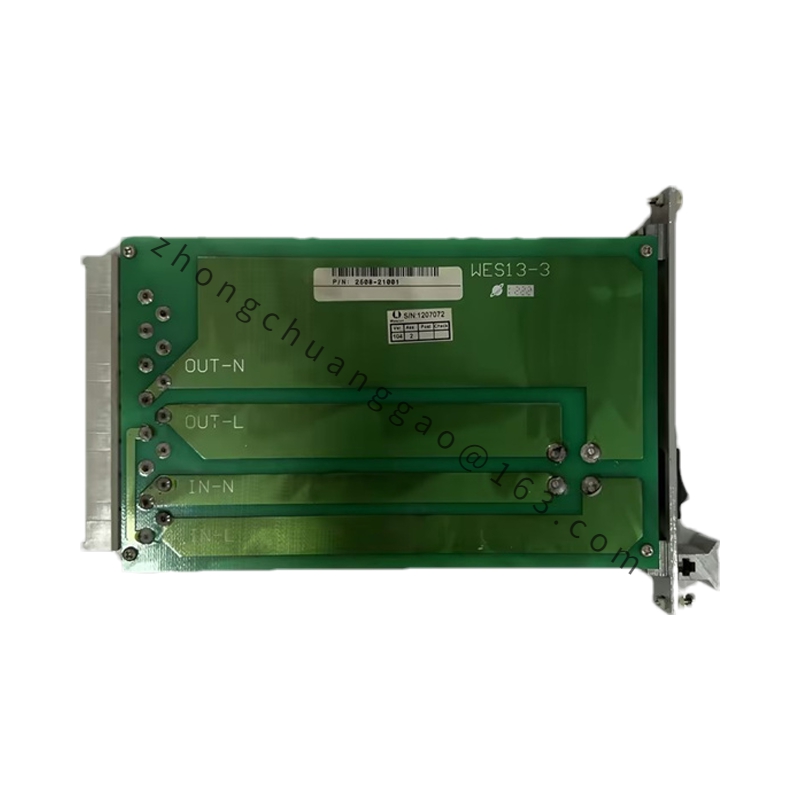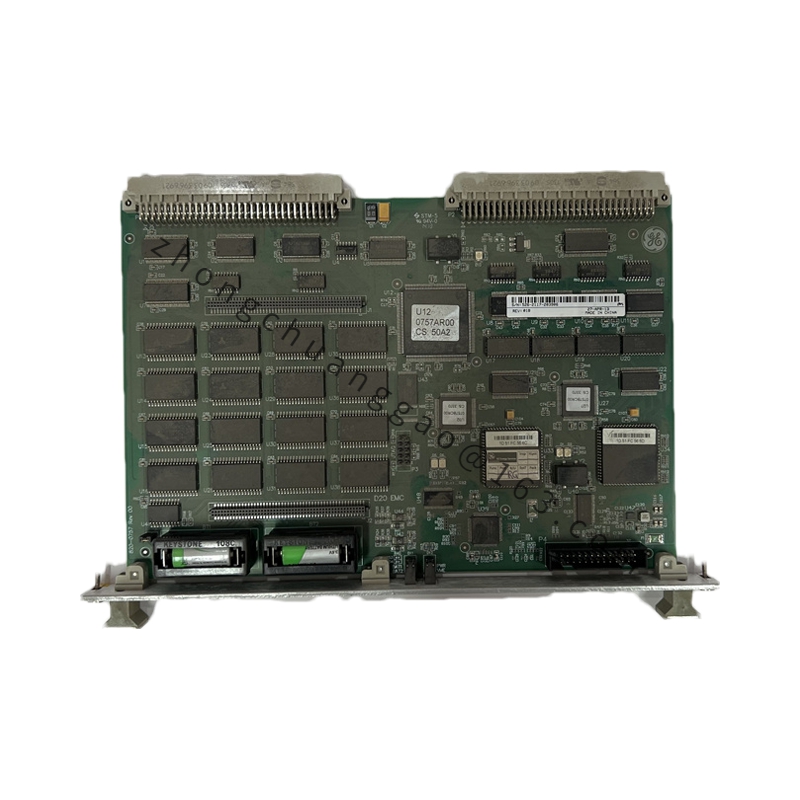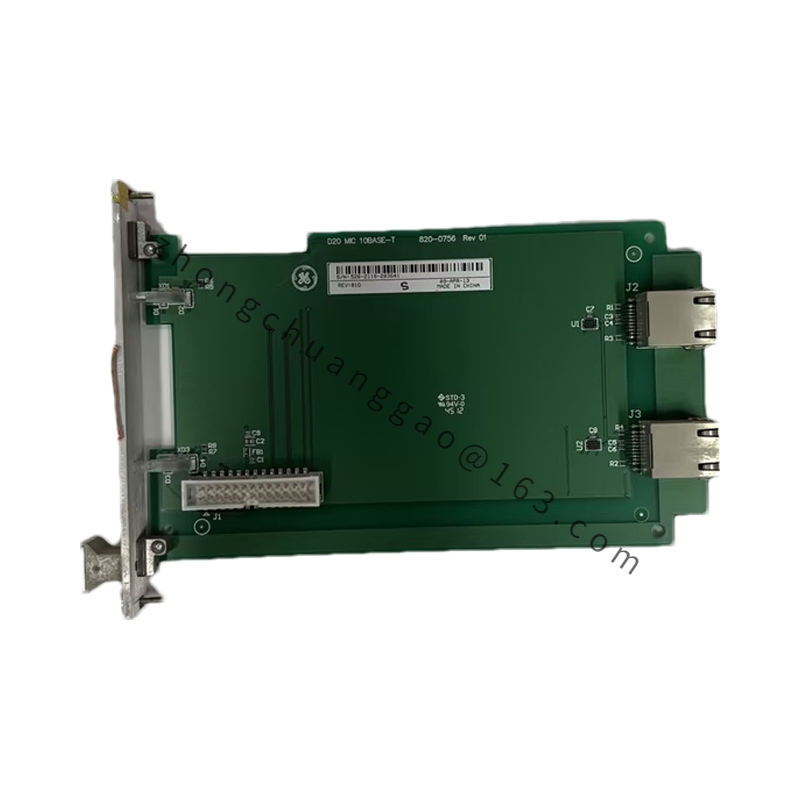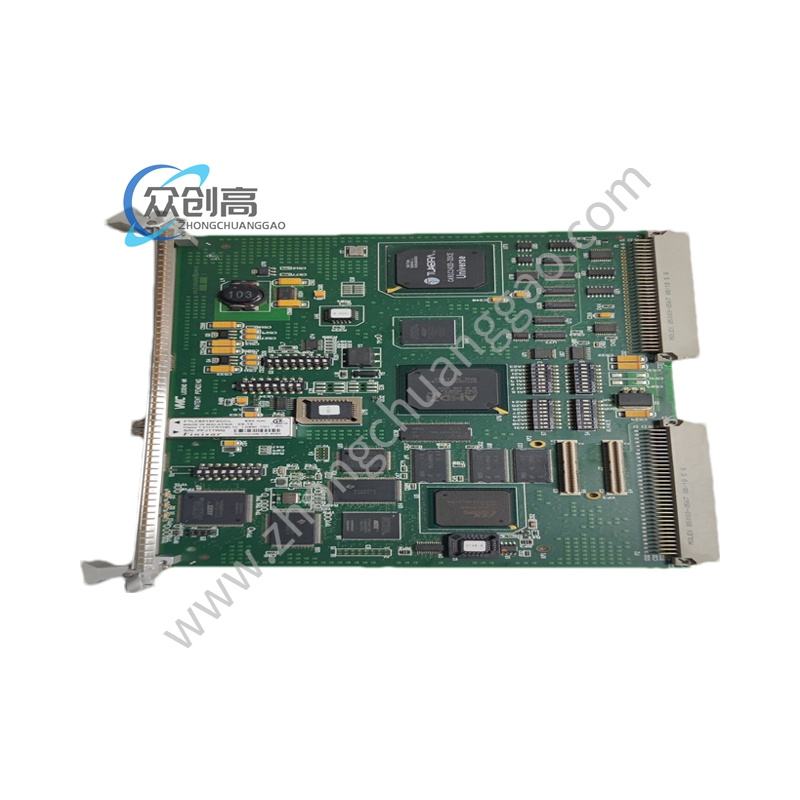GE IC693CMM311S
Technical Specifications
- Communication Protocols: Supports EtherNet/IP, Profibus, DeviceNet, and Modbus TCP/IP for seamless connectivity with various devices and systems.
- I/O Configuration:
- Discrete I/O: Up to 1024 digital inputs/outputs for binary signal processing.
- Analog I/O: Up to 256 analog inputs/outputs for precise measurement and control of continuous signals (e.g., temperature, pressure).
- Processor: 32-bit microprocessor with high-speed data processing (e.g., 0.3 ms/K logic scan rate for CPU340).
Detailed content
- Memory:
- Program Memory: 512 KB to 80 KB (model-dependent) for storing control logic.
- Data Memory: 256 KB to 10 KB (model-dependent) for retaining operational data.
- Power Requirements: 24 VDC, with built-in protection against voltage fluctuations.
- Environmental Tolerance:
- Operating Temperature: 0°C to 60°C (extended range options available).
- Humidity: 5%–95% non-condensing.
- Vibration/Shock Resistance: Meets industrial standards for durability.
- Dimensions: Compact design (e.g., 190 mm x 120 mm x 60 mm) for easy integration into control panels.
Key Features
- High Reliability: Built with industrial-grade components to withstand extreme temperatures, humidity, and electromagnetic interference.
- Flexible Communication: Multiple ports and protocols enable integration with HMI, SCADA, and other PLCs.
- Scalable I/O: Supports modular expansion to add digital/analog modules as needed.
- Advanced Diagnostics: Real-time monitoring of system health, with LED indicators for power, status, and fault alerts.
- Easy Maintenance: Modular design simplifies installation, debugging, and replacement of components.
- Programming Flexibility: Supports ladder logic, function block diagrams, and structured text for customized control strategies.
Application Scenarios
- Factory Automation: Controls assembly lines, robotic arms, and CNC machines in automotive and electronics manufacturing.
- Process Control: Manages chemical reactions, oil/gas pipelines, and power generation systems with high precision.
- Transportation: Monitors and controls rail transit, subway signaling, and traffic management systems.
- Building Management: Integrates lighting, HVAC, and safety systems in smart buildings for energy efficiency.
- Water Treatment: Regulates filtration, pumping, and chemical dosing in municipal and industrial water systems.
- Food & Beverage: Ensures consistent product quality by automating production lines and monitoring hygiene parameters.

